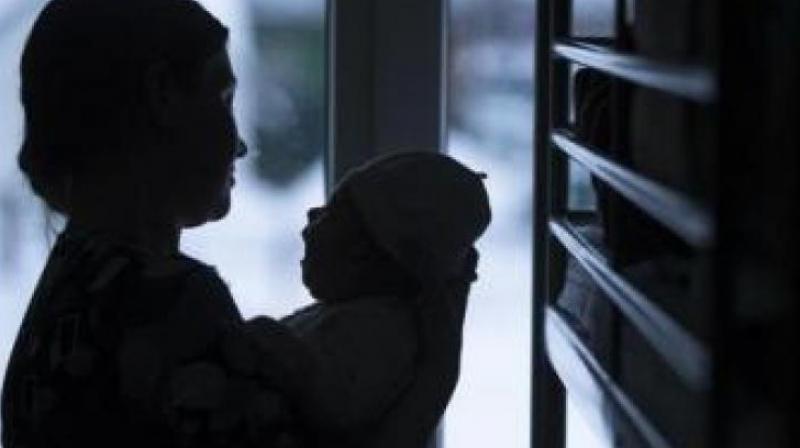Half-measures: Post-adoption inspections must, ignored
Volunteers, officials do not have time to travel to different areas for follow-up on children.

Hyderabad: The latest CARA report draws attention to the fact that while adoption figures are increasing, the number of inspections is decreasing.
As per rules, a child and its upbringing should be monitored till he/she is five but home inspections rarely happen. Inter country adoptions also suffer because of the same reason. In 2017, the death in Texas of Sherin Mathews, a special child who was adopted by an Indian couple, drew a lot of criticism as one parent was found to be responsible for it.
Most inter country adoptions take place on the basis of documents alone shown by the parents. Foreign adoption agencies are listed under CARA and it conducts inspections. However the general notion is that adoption itself warrants gratitude and therefore there needs to be no further inspection.
“Technically, after a child is adopted, there needs to be a follow up every six months for two years. While there are many NGOs operating for adoption, officials just want to increase the number of adoptions, which is why there is lack of follow up. Most volunteers and officials do not have the time to travel to different areas for follow up. Moreover, the paperwork for an adoption is taxing. We try to conduct regular inspections during the first year,” says a CARA official.
CARA officials say that they have their hands full with other cases as well. Dr. Gundlapally Sreenu, CARA says, “Recently a baby was found with a family in Warangal. The baby had been left abandoned on the railway tracks and was found by a low income family. The mother was interested in raising the baby but the father wasn’t. When we received a tip-off from a neighbour, we visited the household and the collector was called to reach a decision. As per Section 32 (1) of the Care and Protection of Children Act, any child found by himself or herself should be placed in a shishugriha or a recognised adoption agency. In this case, we had to take the child away because if one parent is against the child, it is not safe. There are many such cases that we have to look into to ensure that children are not exploited or made to work.”

